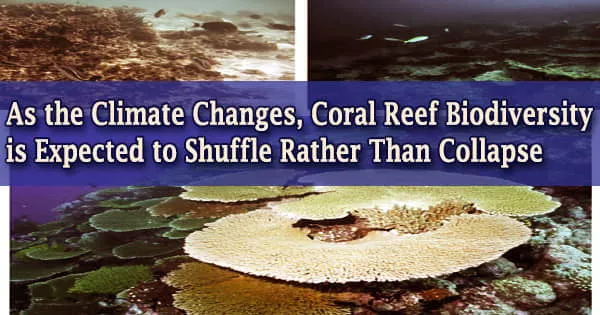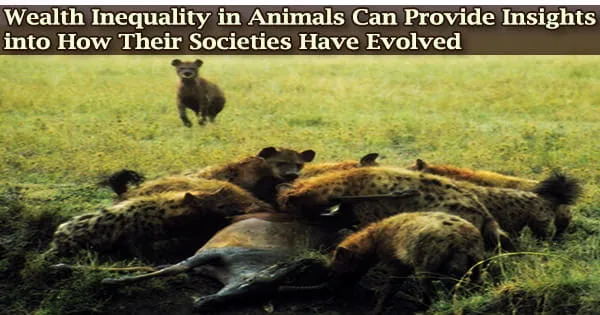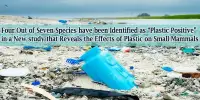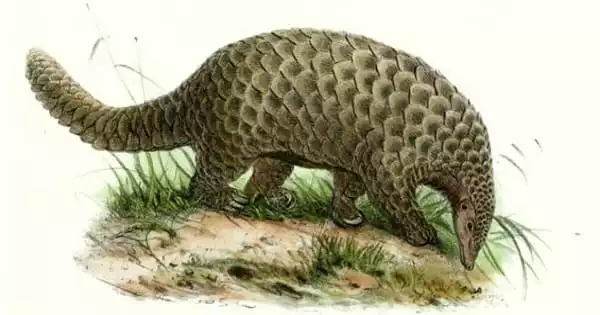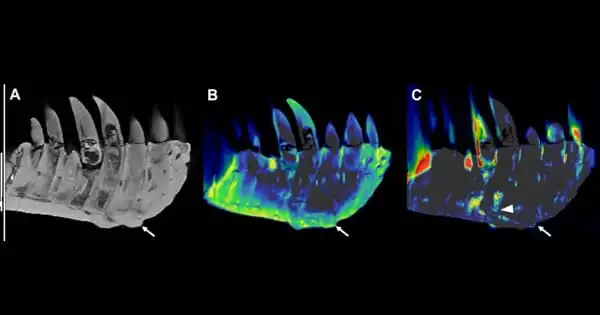Biodiversity refers to the number of different living species that may be found in a given area. Coral reef ecosystems are among the world’s most ecologically varied, complex, and productive ecosystems. Coral reefs, which cover less than 1% of the ocean floor, are home to more than 25% of all marine species.
The vast majority of coral reef biodiversity is made up of microscopic species that live deep beneath the three-dimensional reef substrate. Although mostly hidden, this variety is critical to the survival and function of coral reef ecosystems, and many people are concerned that climate change may result in a significant loss of it. A varied ecosystem, with many distinct species, is frequently more adaptable to shifting conditions and can better endure major shocks.
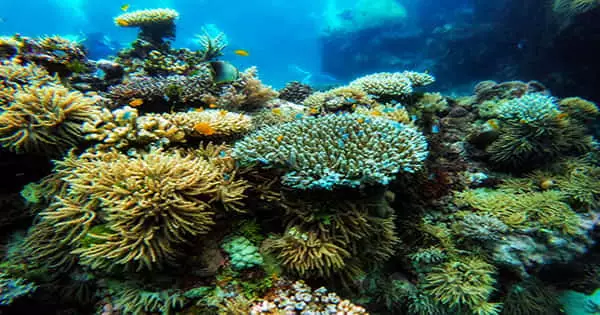
The species that dominate experimental coral reef communities shift as a result of climate change, according to new research led by scientists at the University of Hawai’i (UH) at Manoa, but total biodiversity does not decline under future ocean conditions of warming and acidification predicted by the end of the century. The findings were published in the Proceedings of the National Academy of Sciences today.
Rather than the predicted collapse of biodiversity under ocean warming and acidification, we found significant changes in the relative abundance, but not the occurrence of species, resulting in a shuffling of coral reef community structure
said Molly Timmers
“Rather than the predicted collapse of biodiversity under ocean warming and acidification, we found significant changes in the relative abundance, but not the occurrence of species, resulting in a shuffling of coral reef community structure,” said Molly Timmers, lead author who conducted this study during her doctoral research at the Hawai’i Institute of Marine Biology (HIMB) at the UH Manoa School of Ocean and Earth Science and Technology (SOEST).
“The tiny organisms living in the reef structure are known as the cryptobiota, which is analogous to the insects in a rainforest,” said Timmers. “They are a major diet for many of the fishes and invertebrates that make coral reef ecosystems so dynamic. They play vital roles in reef processes such as nutrient cycling, cementation, and food web dynamics.”
In coral reef ecology, each species serves a certain purpose. Some are herbivores that specialize in consuming various types of algae, preventing corals from being suffocated by potentially lethal rivals. Others like as sharks, groupers, and other predatory fish, help to maintain the balance of smaller fish and other species.
Despite their crucial relevance to coral reef ecosystems, these cryptobiota are frequently neglected in climate change studies because to the difficulties in surveying and identifying this very varied and understudied population using visual census methods.
“As a result, our perceptions of coral reef biodiversity across marine gradients and how biodiversity will respond to climatic change has been primarily based on a handful of observable surface-dwelling taxa, such as corals and fish,” said Timmers.
Timmers and colleagues at HIMB created an experiment in which tiered settlement plates were put in experimental flow-through tanks to test the reactions of the understudied cryptobiota to future ocean conditions. These mesocosms were fed unfiltered waters from a local reef slope off the coast of HIMB, and then exposed to end-of-century anticipated ocean warming and/or acidification conditions. The scientists used DNA metabarcoding methods to investigate the organismal groupings that had grown on the settlement plates after two years of exposure.
“This two-year experimental mesocosm study is unprecedented for climate change research and is the first one to examine the diversity of the entire coral reef community from microbes and algae to the corals and fishes,” said Chris Jury, the author who developed and maintained the mesocosm system.
While the overall number of species did not alter significantly between the present-day and combined future ocean-conditioned treatments, the study’s findings indicated that the coral reef community’s composition changed. The ecological roles that winners and losers play will be essential in determining the final outcome of this shuffle in response to climate change.
However, “we lack sufficient information on the ecological functions, life histories, and distributions (let alone names) for most members of the coral reef cryptobenthic community to be able to adequately predict responses or ecosystem outcomes of changes in this community,” said Timmers.
Aside from hermatypic species, a varied community of reef dwellers makes up that much-diversified community, which marks the pinnacle of life on our planet in the marine domain. These reefs are a significant reservoir of our planet’s biodiversity, and their health has been declining alarmingly in recent years.
This research emphasizes the relevance of adding these understudied creatures in future research aimed at forecasting the effects of climate change on coral reef ecosystems.
